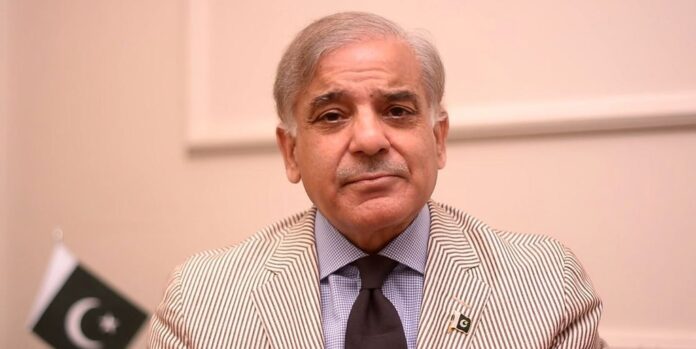During a three-day visit to Pakistan, President Lukashenko and Prime Minister Shahbaz Sharif discussed expanding trade ties, with Belarus keen to import Pakistani textiles
In a significant diplomatic development, Belarusian President Aleksandr Lukashenko, who arrived in Islamabad on Monday for a three-day visit, has expressed a keen interest in purchasing textile products from Pakistan, marking a new chapter in the growing trade relations between the two countries.
The discussions between Lukashenko and Pakistan’s Prime Minister Shehbaz Sharif, held on Tuesday, were centred around enhancing bilateral ties, with a particular emphasis on trade and economic collaboration. Lukashenko, accompanied by a high-level delegation of Belarusian officials and prominent business representatives, arrived with the goal of strengthening economic cooperation between the two nations. The two leaders already set the tone for deeper ties with the signing of eight memorandums of understanding (MoUs) and agreements covering diverse sectors, including agriculture, technology, and defence.
In his remarks following the meeting, President Lukashenko noted that while geographically distant, Pakistan has always been a “very close and friendly country” to Belarus. The Belarusian leader praised Prime Minister Shehbaz’s pragmatic approach to fostering bilateral relations and underlined the importance of broadening cooperation across various sectors. Lukashenko was particularly enthusiastic about Pakistan’s textile industry, expressing a strong desire to explore avenues for importing textile products from Pakistan. The move signals a potential boost to Pakistan’s textile sector, which is a major export driver for the country.
Embed from Getty ImagesPrime Minister Shehbaz Sharif, in his own remarks, affirmed the importance of the ongoing discussions, emphasising that the two sides would reconvene in the coming weeks to formulate a concrete roadmap for future cooperation. He stated that the upcoming meetings would pave the way for practical agreements, with formal steps expected to be finalised by February 2025.
“Today, we have laid the foundation for what will be a great march forward for both our countries,” Shehbaz said, noting that the aim was to leverage each nation’s strengths to benefit mutual growth. The Pakistani prime minister also highlighted the shared commitment between the two countries to further deepen political dialogue and strengthen inter-parliamentary exchanges.
Apart from textiles, Lukashenko indicated interest in expanding cooperation in other critical areas, such as agriculture, information technology, and heavy machinery manufacturing. Belarus, known for its advancements in industrial machinery, offered to share its technology with Pakistan, further enhancing bilateral ties. The talks also covered important regional and global developments, with both leaders reaffirming their mutual commitment to peace, stability, and prosperity.
A key highlight of the visit was the formal welcome ceremony held at the Prime Minister’s House earlier in the day, where Prime Minister Shehbaz Sharif extended a warm reception to President Lukashenko. The Belarusian president was also invited to visit Pakistan again in the near future, a gesture that underscores the growing partnership between the two nations.
As part of the diplomatic exchange, both leaders acknowledged the positive trajectory of Pakistan-Belarus relations, emphasising the need for regular high-level engagements and institutional cooperation to sustain and build upon the momentum.
The three-day visit marks a pivotal moment in Pakistan-Belarus relations, with the potential for a significant boost to trade and economic cooperation between the two countries. The focus on sectors like textiles, agriculture, and technology reflects a forward-looking partnership, one that could have lasting implications for both economies.
